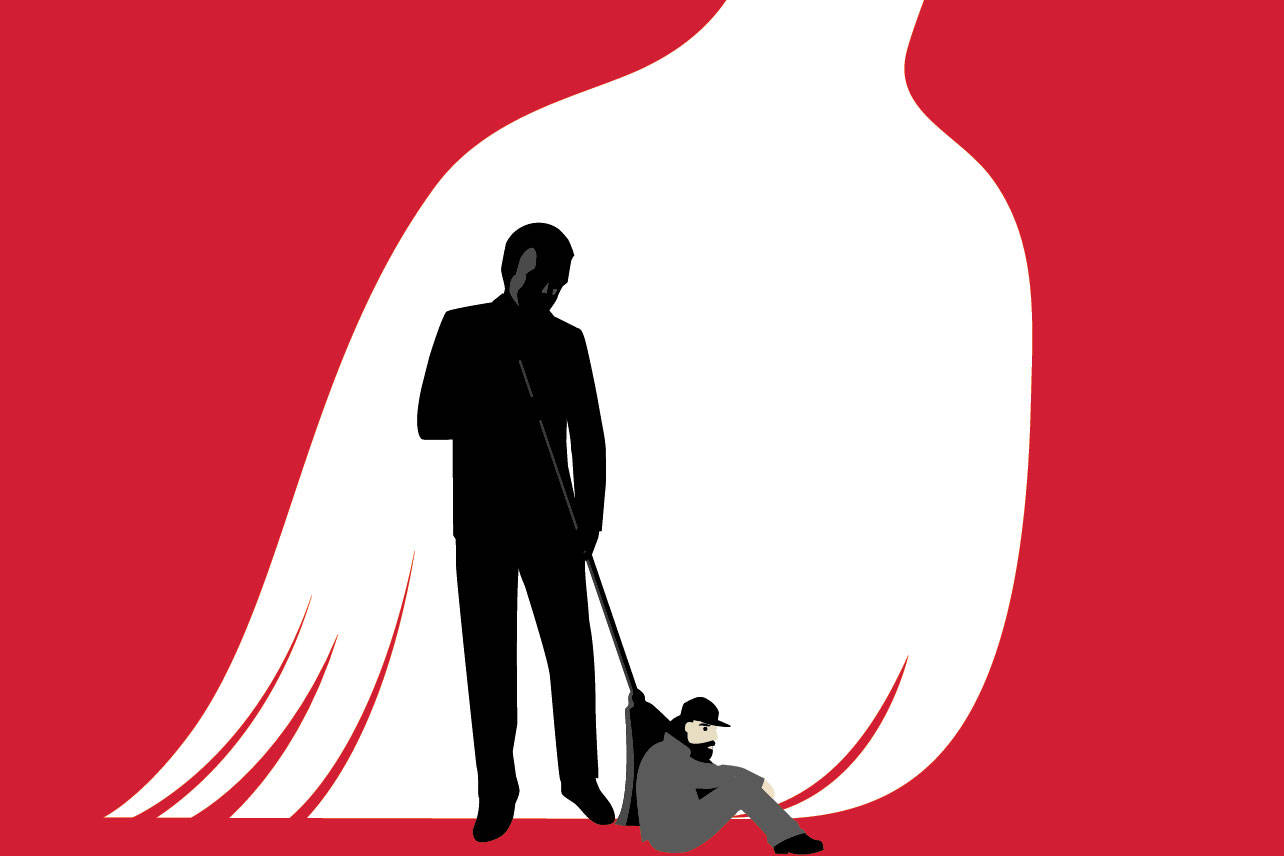Conventional wisdom has held for some time that the labor union is a dying species in America. Don’t tell anyone at City Hall that.
As other commentators have noted, the so-called Seattle Process—well known to grind even the most benign policy discussions to a crawl—has gone into the witness-protection program in recent years, replaced by city policy-makers who seem unafraid to take bold action on everything from housing density to ride-share policy to worker schedules at McDonald’s.
In many cases, labor has been in the thick of things, a dynamic force speaking up for workers who badly need a voice in increasingly stratified Seattle. With Labor Day on Monday, it’s apropos to take stock of these accomplishments. Consider labor’s accomplishments in the past few years:
$15 minimum wage:Speaking to KPLU this spring, David Rolf describes how his union, SEIU, first began pushing for a $15 minimum wage in SeaTac as a “bold, aspirational demand”—just as unapologetically pro-worker as it sounded. After leading the successful ballot-measure fight in 2013 and fending off legal challenges to the law, SEIU brought the battle to Seattle, with Rolf co-charing Mayor Ed Murray’s task force crafting the legislation. Today, thanks largely to Rolf and SEIU’s work, Seattle is a leader in minimum-wage laws, with California and New York following suit.
Wage-theft protections: At the same time, Seattle also passed landmark legislation strengthening worker protections from wage theft. The practice of forcing workers to work overtime without being paid for it is an old one, and has been illegal for decades. But thanks to labor advocates’ lobbying, in 2014 the City Council created the Office of Labor Standards, dedicated to enforcing labor-protection laws in the city—one of the first such offices in the country. As we reported in the spring (“Letter of the Law,” April 6), a year into the new office’s existence, it’s already getting results, in one instance delivering an $8,000-plus check to a restaurant employee who had been deprived of overtime pay for years.
Uber driver representation: Last year, Seattle became the first city in the country to provide a pathway for Uber drivers to unionize. The legislation—the implementation of which has not been without hiccups, as we reported earlier this month (“A More Perfect Union,” Aug. 3)—comes from the recognition that for many drivers, Uber is not a partner but a boss. With the help of the Teamsters, the drivers were able to convince city leaders of this, and are on the path to having a strong voice with which to challenge the Silicon Valley behemoth.
Secure scheduling: When Jodi Kantor at The New York Times brought national attention to the plight of hourly workers whose lives are dictated by the whims of the managers who schedule their irregular shifts, Seattle’s own Starbucks quickly became the face of the problem. As Kantor reported, baristas were often informed of their shifts hours before they began, wreaking havoc on child-care plans and sleep patterns. It’s only right, then, that Seattle—and sorry for being repetitive with all the “firsts” here—may well become the first city in the country to lay down rules on how much notice managers must give workers before their shift begins.
Hotel worker rights: Under a ballot-measure drive led by Unite Here Local 8, Seattle voters this fall will decide whether to extend protections to housekeepers at Seattle hotels. As Sara Bernard reported earlier this summer (“Hotel Hell,” June 15), housekeepers are often saddled with onerous room quotas that force them to work many hours off the clock to complete their back-breaking work. The ballot measure, I-124, would set limits to how much space a hotel could ask its workers to clean in a day, as well as provide protections against sexual harassment.
Like all human institutions, unions are not perfect and can be self-serving. It would be naive to ignore all that unions have to gain with the adoption of the above policies, most of which would either directly or indirectly bolster membership. And as with all public policy, reasonable people can disagree on the merits of these efforts.
Yet as workers come to feel less and less empowered in the workplace and corporations have more and more tools by which to control public policy, it’s satisfying to know that in our city, labor unions clearly are not the moribund institutions national pundits make them out to be. We celebrate Labor Day in this country because we recognize that, on the whole, society benefits when workers have a voice. There can be little doubt that in Seattle, that voice is a strong and united one.
With that, happy Labor Day.
editorial@seattleweekly.com





